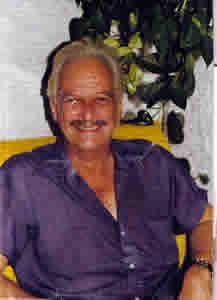Richard A. Hoge
What I miss most about Richard is his laugh. Richard Hoge, or Hogie, as I came to call him, was my teacher and soul friend. He taught English and Psychology at The Philadelphia Musical Academy where I studied in the 1960s. A true renaissance man, he read voluminously, played the piano beautifully, sculpted and painted, wrote short stories and essays; indeed, all who knew him believed there was nothing he couldn’t do brilliantly.

I remember a piano exam he coached me through: I’d come to the lesson thoroughly prepared note-wise. He stopped me before I hit the third measure. “Take it again,” he instructed, “but this time, pay attention to the quality and importance of every tone you make.” He jumped out of his seat at my final play-through of the piece. “You’ll knock ‘em dead,” he predicted. And the next day, I did. The panel wanted to know how I’d gotten to play the instrument I was minoring in with so much musical depth and understanding.
Hogie was a terrific force in my life. He introduced me to so many wonderful ideas, philosophies and aspects of life, I can’t imagine who I’d be if we’d never met. It was, I realize, appropriate that his was the first death I’d ever attended. Richard never married, nor had any children, nor, for many long years, communicated with anyone from his family. But his integrity, honesty, loyalty and sense of connection were simply extraordinary. As I worked on the initial plans for Bedside Harp, many was the night that I felt Hogie’s approval and at times, thought I might have even heard a snippet of his delightful laugh. It is, indeed, so very fitting that I’ve established this living memorial to my dear friend.
